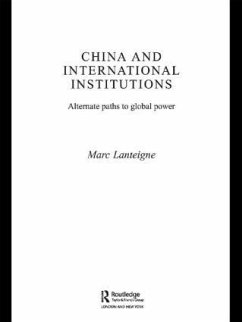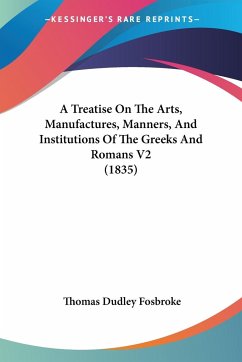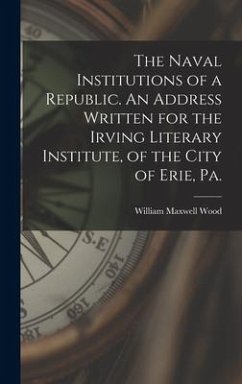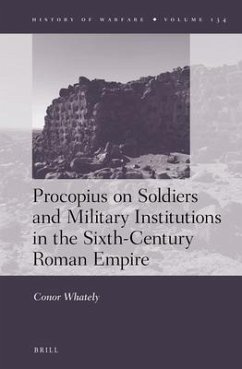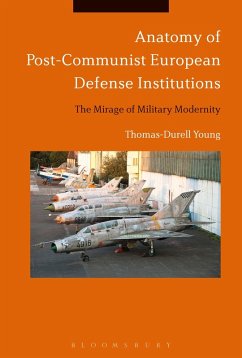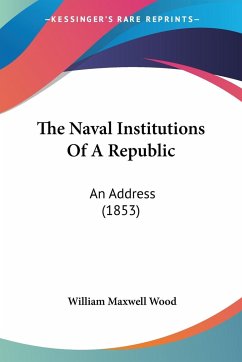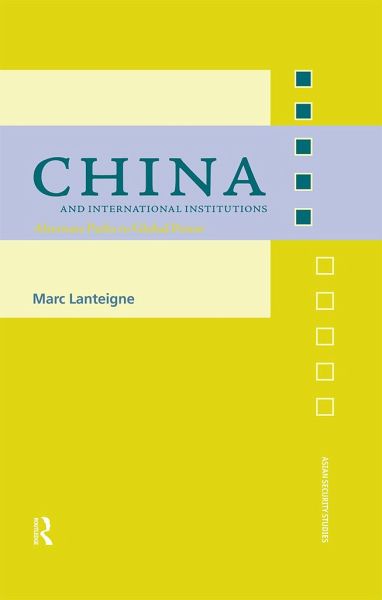
China and International Institutions
Alternate Paths to Global Power
Versandkostenfrei!
Versandfertig in 1-2 Wochen
168,99 €
inkl. MwSt.
Weitere Ausgaben:

PAYBACK Punkte
84 °P sammeln!
In the post-cold war international system, the People's Republic of China has shifted its foreign policy from one which eschews engagement in international organizations to one which embraces them and seeks to develop them. Beijing faces unique barriers which prevent the country from taking the traditional paths of territorial expansion and political-economic domination in order to develop as a great power. One of these barriers is the United States and its inherent military and economic strength. The other is the existence of nuclear weapons, which makes direct great power conflict unacceptab...
In the post-cold war international system, the People's Republic of China has shifted its foreign policy from one which eschews engagement in international organizations to one which embraces them and seeks to develop them. Beijing faces unique barriers which prevent the country from taking the traditional paths of territorial expansion and political-economic domination in order to develop as a great power. One of these barriers is the United States and its inherent military and economic strength. The other is the existence of nuclear weapons, which makes direct great power conflict unacceptably costly. China has opted for a different path, using institutions as stepping stones to great power status. The purpose of this book is to examine a new approach to Chinese foreign policy development in the post-cold war international order, but also to recommend a new approach to the study of great power development using tools gathered from international institutional cooperation and development. In contrast to recent works on Chinese foreign policy, which have placed an emphasis on material goods and powers, this work will suggest an alternative approach to the "rise of China" question, relevant not only to comparative politics but also the international relations of great powers.




